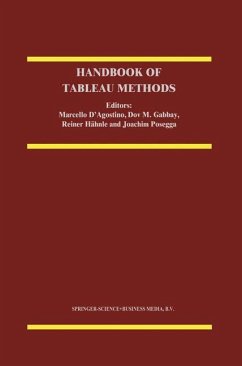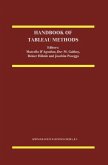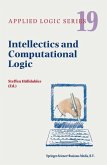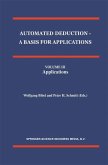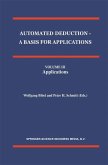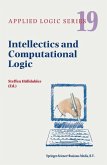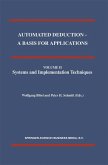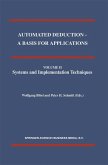Recent years have been blessed with an abundance of logical systems, arising from a multitude of applications. A logic can be characterised in many different ways. Traditionally, a logic is presented via the following three components: 1. an intuitive non-formal motivation, perhaps tie it in to some application area 2. a semantical interpretation 3. a proof theoretical formulation. There are several types of proof theoretical methodologies, Hilbert style, Gentzen style, goal directed style, labelled deductive system style, and so on. The tableau methodology, invented in the 1950s by Beth and Hintikka and later per fected by Smullyan and Fitting, is today one of the most popular, since it appears to bring together the proof-theoretical and the semantical approaches to the pre of a logical system and is also very intuitive. In many universities it is sentation the style first taught to students. Recently interest in tableaux has become more widespread and a community crystallised around the subject. An annual tableaux conference is being held and proceedings are published. The present volume is a Handbook a/Tableaux pre senting to the community a wide coverage of tableaux systems for a variety of logics. It is written by active members of the community and brings the reader up to frontline research. It will be of interest to any formal logician from any area.
Bitte wählen Sie Ihr Anliegen aus.
Rechnungen
Retourenschein anfordern
Bestellstatus
Storno

